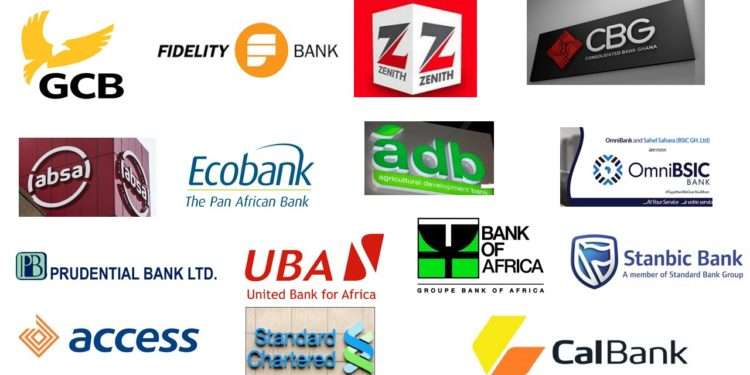Ghana’s banking sector has been hit hard by the difficult economic environment that the country faced in 2022, leading to a record number of losses for most of the financial institutions in the country.
According to Bank of Ghana’s report, out of the 21 banks that have released their 2022 Audited Financial Statements, 15 of them registered losses. The losses were primarily attributed to the Domestic Debt Exchange Programme, which involved the restructuring of the country’s debt.
The programme led to the impairment of most banks’ assets due to reduced coupon rates and an extension of the maturity period from five to 15 years, among other factors.
The report further stated that Consolidated Bank was the biggest casualty, recording a loss of about ¢2 billion in 2022.
More so, the local banks were the biggest losers, with most of them registering losses in the financial year.
This development, as indicated by the report, is a reflection of the economic challenges that the country faced, which impacted negatively on the operations of financial institutions.
Absa Bank was the bank with the biggest impaired assets, writing off ¢2.12 billion. It was followed by Consolidated Bank and GCB Bank, which also wrote off ¢2.11 billion and ¢2.08 billion, respectively.
However, FBN Nigeria, Bank of Africa, and Omni BSIC were the least affected by the impairment of assets, with FBN Nigeria recording a loss of ¢212 million, Bank of Africa recording a loss of ¢187 million, and Omni BSIC recording a loss of ¢149 million.
The Capital Adequacy Ratio (CAR), which is a key financial soundness indicator, also revealed that most banks were struggling to stay afloat. Consolidated Bank had the lowest CAR at -5%, far below the industry threshold of 10%.
Nonetheless, FBN Nigeria, Access, and GT Bank recorded the highest CARs of 57%, 37%, and 36%, respectively, in the banking industry.
Banks Performance In 2023 Slightly Outweighs 2022
The summary financial statements of the banks also showed that six banks recorded profits (PBT) in 2022. These banks included GT Bank (¢191 million), Societe Generale (¢172 million), FBN Nigeria (¢102 million), and UBA (¢91 million).

However, despite the challenges faced by the banking industry in 2022, there seems to be some hope for a recovery. The report suggests that the banks have recovered swiftly in Q1 2023, recording some good profits.
It is worth noting that the economic challenges that the country faced in 2022 were not limited to the banking industry alone. The country’s economy contracted by 3.2% in 2022, the first contraction in nearly four decades.
The contraction, according to the report, was mainly due to the impact of the Covid-19 pandemic and the Russian-Ukraine war, which affected key sectors such as tourism, hospitality, and trade.
Read also: Government Set To Operationalize Financial Stability Fund With Initial GHS 9bn Commitment























